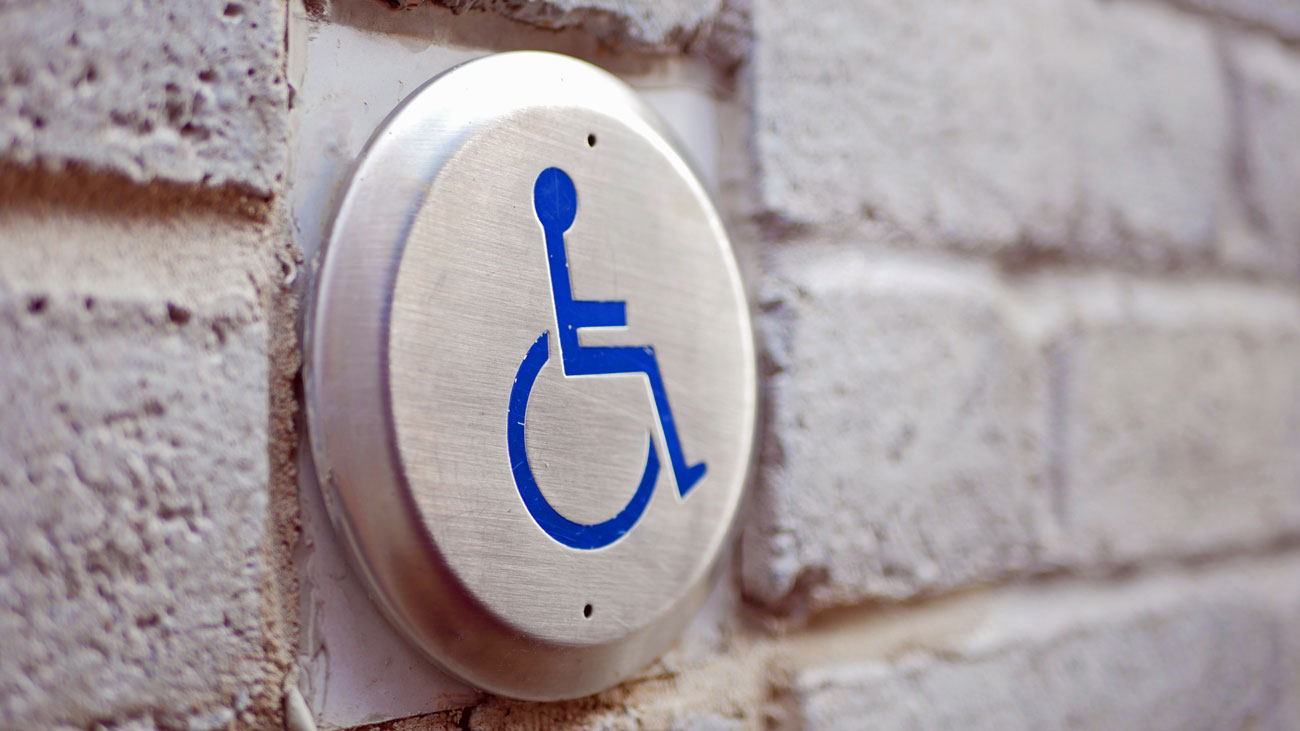
Disabled workers earn £1.93 per hour less than non-disabled employees
The Office for National Statistics (ONS) has published figures that show disabled workers earn on average £1.93 per hour less than non-disabled employees, which equates to a gap of over £3,500 per year based on a 35-hour week. The figures also show that the pay gap between disabled and non-disabled employees has widened, now standing at 13.8%, up from 11.7% in 2014.
The disability pay gap uses APS data and is calculated as the difference between the median hourly earnings of non-disabled employees and disabled employees as a proportion of median hourly earnings of non-disabled employees. A positive disability pay gap shows that the median hourly earnings for disabled employees are less than the median hourly earnings of non-disabled employees.
In 2021, the disability pay gap was 13.8%, with disabled employees earning a median of £12.10 per hour and non-disabled employees a median of £14.03 per hour. In 2019, prior to the coronavirus pandemic, this gap was 14.1% with disabled employees earning a median £10.87 per hour and non-disabled employees £12.66 per hour.
Many disabled people face a range of barriers to work, from a lack of transport to get there, or inadequate equipment or adjustments made once they are there. Other factors behind the pay and employment gaps are:
- Part-time working: A higher proportion of disabled people than non-disabled people work part-time. These are paid less per hour than full-time jobs.
- Low-paid work: Disabled people are over-represented in lower paid jobs such as caring, leisure and other services and sales and customer services.
- Education: Some disabled people leave education earlier than non-disabled people. However, even where disabled and non-disabled people have the same qualifications there is still a big pay gap.
The pay gap is also linked to unlawful discrimination, structural barriers and negative attitudes, says the TUC, which wants the government to bring in mandatory disability pay gap reporting for all employers with more than 50 employees. The legislation should be accompanied by a duty on employers to produce targeted action plans identifying the steps they will take to address any gaps identified, including ensuring disabled workers with invisible impairments feel confident in completing workplace equality monitoring.
The duty to make a workplace or service accessible falls under the Equality Act 2010. Under this legislation, the employer or service provider is duty-bound to prevent disabled people from being treated less favourably by making reasonable adjustments, both to the physical environment and working practices.
Under this duty, steps must be taken to ensure that policies, provisions or practices do not put a disabled person at a substantial disadvantage, including:
- Making adjustments to the physical environment, for example, making it accessible for wheelchairs; and
- Providing help and assistance where required.
TUC General Secretary, Frances O’Grady, said:
“Disabled workers were among the hardest hit during the pandemic and now millions of disabled workers face a living standards emergency – with lower pay than non-disabled workers, but higher energy and transport costs. With bills and prices sky-rocketing, the government must act now to help disabled workers and all struggling families. That means coming back to parliament with an emergency budget to boost pay and universal credit, and cut energy bills.
“Disabled workers deserve better. It’s time for big employers to be forced to publish their disability pay gaps, to help shine a light on poor workplace practices that fuel inequality at work. Otherwise, millions of disabled workers will continue to face lower pay and in-work poverty.”
A TUC poll published last November revealed that two in five (40%) disabled workers have been pushed into financial hardship over the last year during the pandemic.
The TUC is calling on the government to deliver:
- An emergency budget to boost pay, pensions and universal credit, and cut energy bills through a windfall tax on energy company profits.
- Mandatory disability pay gap reporting for all employers with more than 50 employees. This should be accompanied by a duty on bosses to produce targeted action plans identifying the steps they will take to address any gaps identified.
- Enforcement of reasonable adjustments: The Equality and Human Rights Commission (EHRC) should get specific funding to enforce disabled workers’ rights to reasonable adjustments and should update their statutory code of practice to include more examples of reasonable adjustments, to help disabled workers get the adjustments they need quickly and effectively. This will help lawyers, advisers, union reps and human resources departments apply the law properly.







